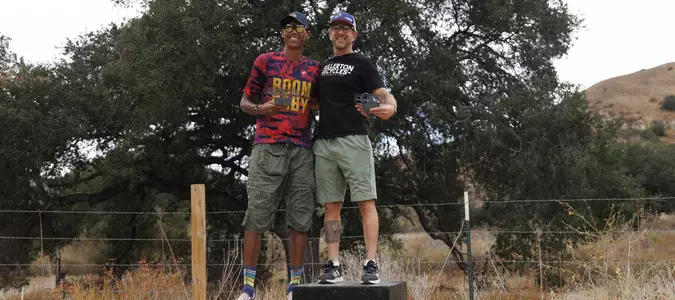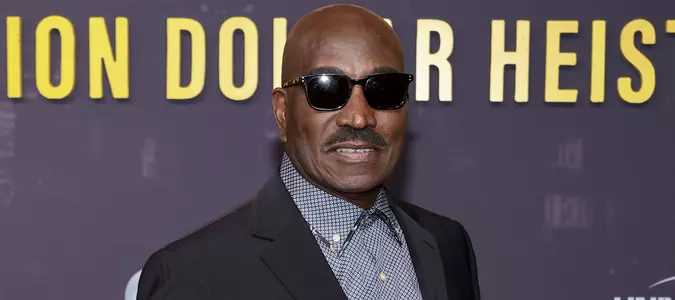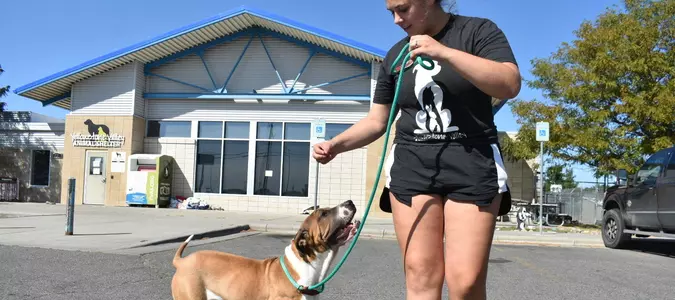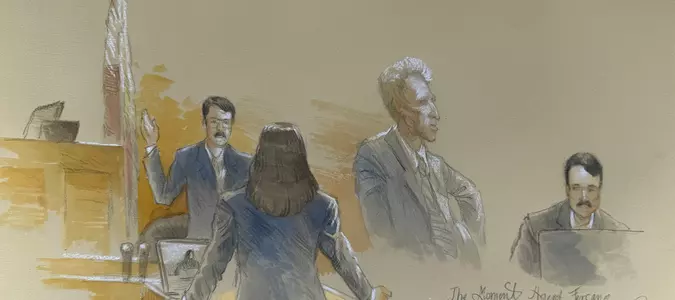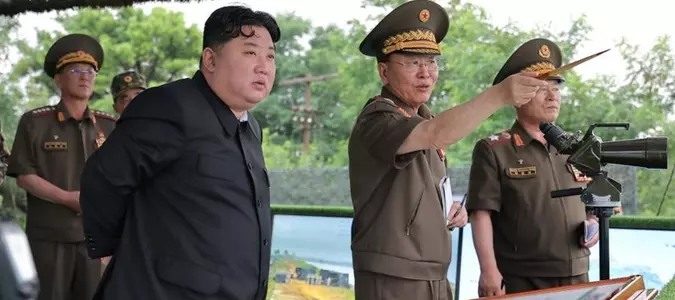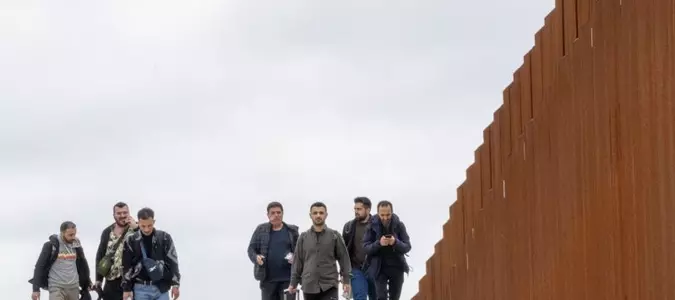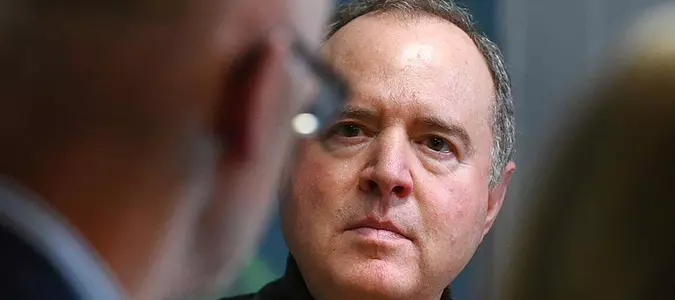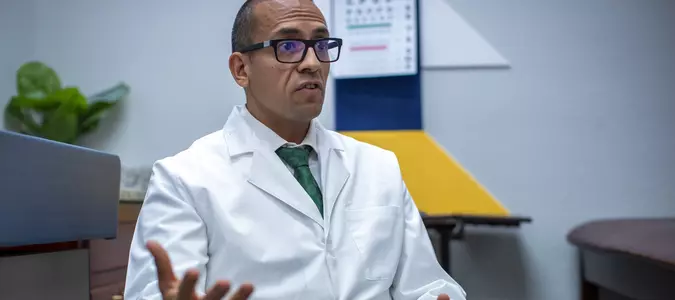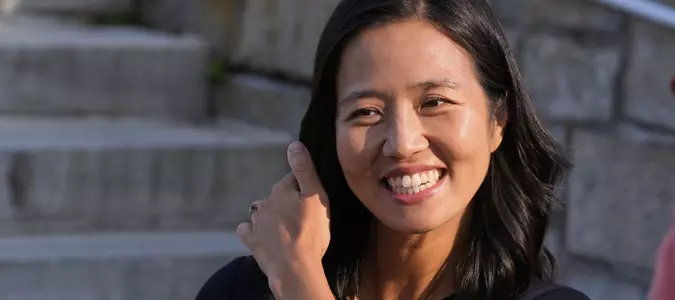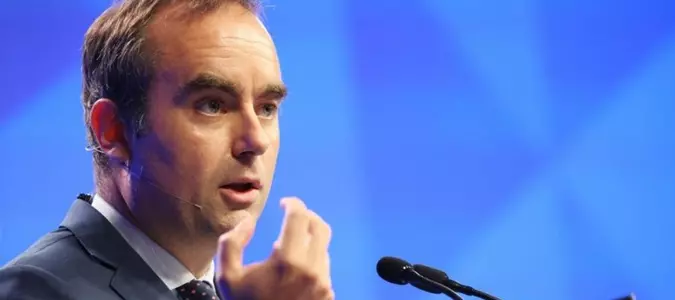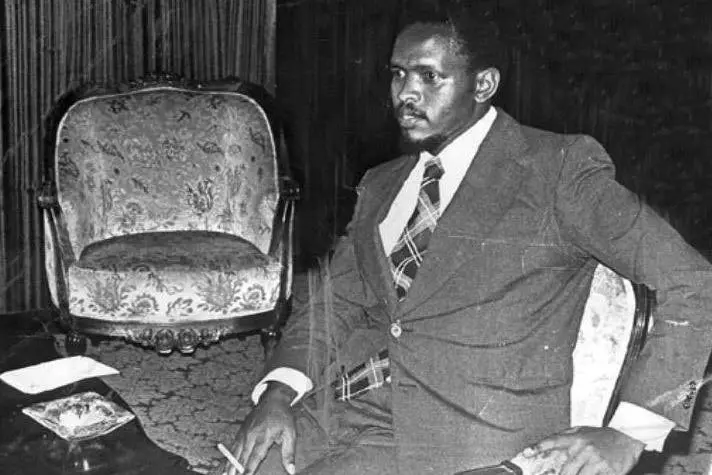

South Africa launches new inquest into Steve Biko's '77 death
The South African government is opening an inquest of the death of South African activist Steve Biko in 1977. Friday is the 48th anniversary of Biko's death.

A 1977 file photo shows Black Consciousness Movement founder Steve Biko. A new inquiry has begun in South Africa to find the truth about his 1997 death in police custody. Photo by Sowetan/EPA UPI President Cyril Ramaphosa of South Africa departed the White House in May. His government is investigating the 1977 death of activist Steve Biko in a South African prison. File Photo by Jemal Countess/UPI UPI
Sept. 12 (UPI) -- The South African government is opening an inquest of the death of South African activist Steve Biko in 1977.
Friday is the 48th anniversary of Biko's death in police custody at age 30.
Biko was the founder and leader of anti-apartheid Black Consciousness Movement. He was arrested at a roadblock in what was then called Grahamstown, now Makhanda, in August 1977.
He was accused of violating a "banning order," a measure in the racial segregation laws that allowed police to restrict the movement of those the government deemed a threat. He was held for 20 days in jail, naked and shackled. Then he was driven over 600 miles, naked, with his legs in shackles in the back of a police vehicle, to Pretoria.
He died in prison the day after arriving.
Luxolo Tyali, a spokesperson for South Africa's National Prosecuting Authority, said the inquiry is an effort "to address the atrocities of the past and try to give closure to the Biko family and society at large."
The cause of death was recorded as extensive brain injury and acute kidney failure. His interrogators from the apartheid special police branch said at the 1977 inquest that Biko was injured when he banged his head against the wall. Some reports said he died after a hunger strike.
According to reports from family members and others who saw his body soon after he died, Biko was brutally tortured by police during his incarceration and eventually died of a brain hemorrhage.
...
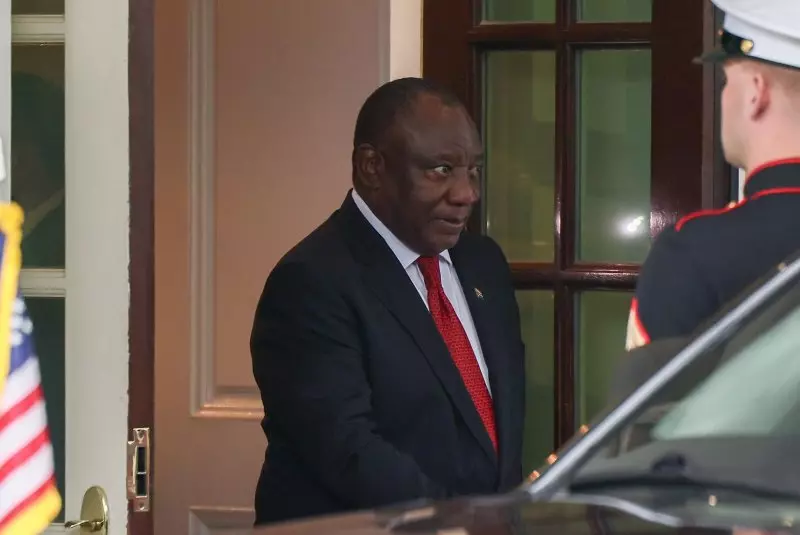
In 1990, then-South African President Frederik de Klerk ordered an inquiry into political killings.
Several police officers requested, but did not get, amnesty for their alleged involvement during the hearings of South Africa's post-apartheid Truth and Reconciliation Commission.
At the TRC hearing, five former police officers testified that Biko had attacked one of their colleagues with a chair. They said that during an ensuing scuffle to restrain him, he hit his head against the wall, causing his death.
But under cross-examination, they admitted that they had colluded and submitted false affidavits during the initial 1977 investigation.
The TRC, which worked between 1996 and 2001, recommended more than 300 cases for prosecution by the National Prosecuting Authority. To date, no one has been prosecuted for those alleged apartheid-era offenses.
South African President Cyril Ramaphosa in April ordered an inquiry into whether previous governments had intentionally blocked investigations and prosecutions of apartheid-era crimes.
"My dad was a very healthy man, and we know he died of a severe brain hemorrhage," said Biko's son Nkosinathi Biko in an interview this week with broadcaster Newzroom Africa, CBS News reported. "During the TRC process it was clear under intense cross-examination that one of the men admitted that they grabbed his head and rammed it into the wall which caused his death. They were denied amnesty at the TRC because, of course, they lied."
Nkosinathi Biko said in the interview that the South African history books need to be corrected.
"The body of my father is a living testament to his last minutes and the torture and violence that was visited upon him," he said. "We should by now have dealt with these matters 30 years into our democracy, and it should have been handled better."
Biko was immortalized in Peter Gabriel's song "Biko," three years after his death, and then by reggae dancehall artist Beenie Man's "Steve Biko" in 1997. "Cry Freedom," the 1987 movie starring Denzel Washington, was about Biko's life.
